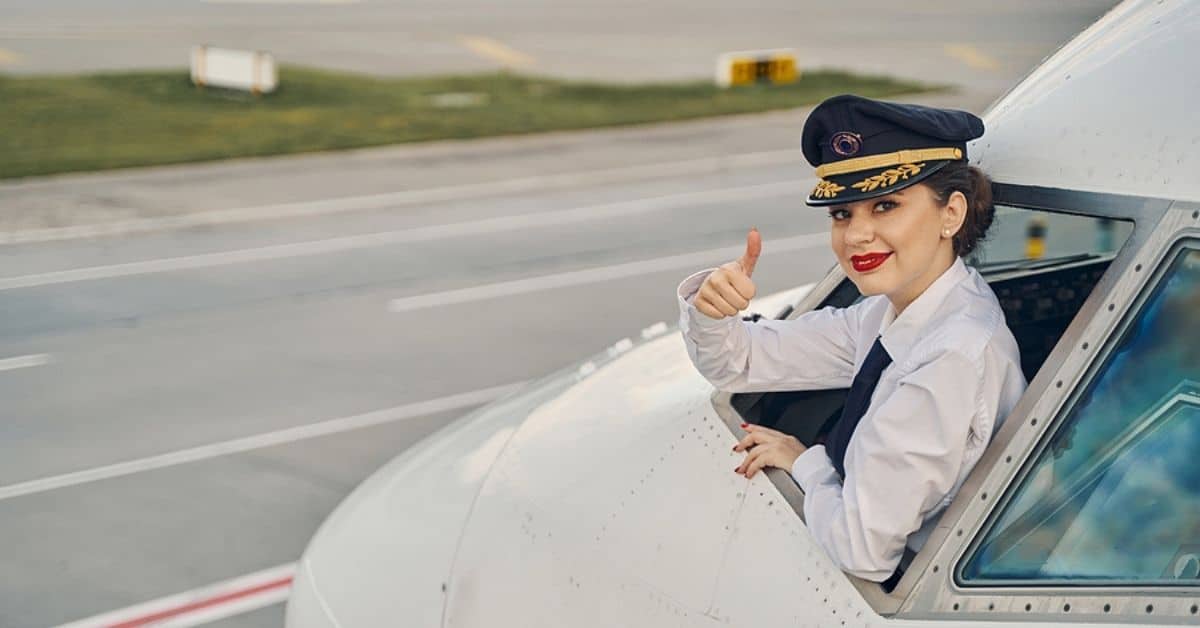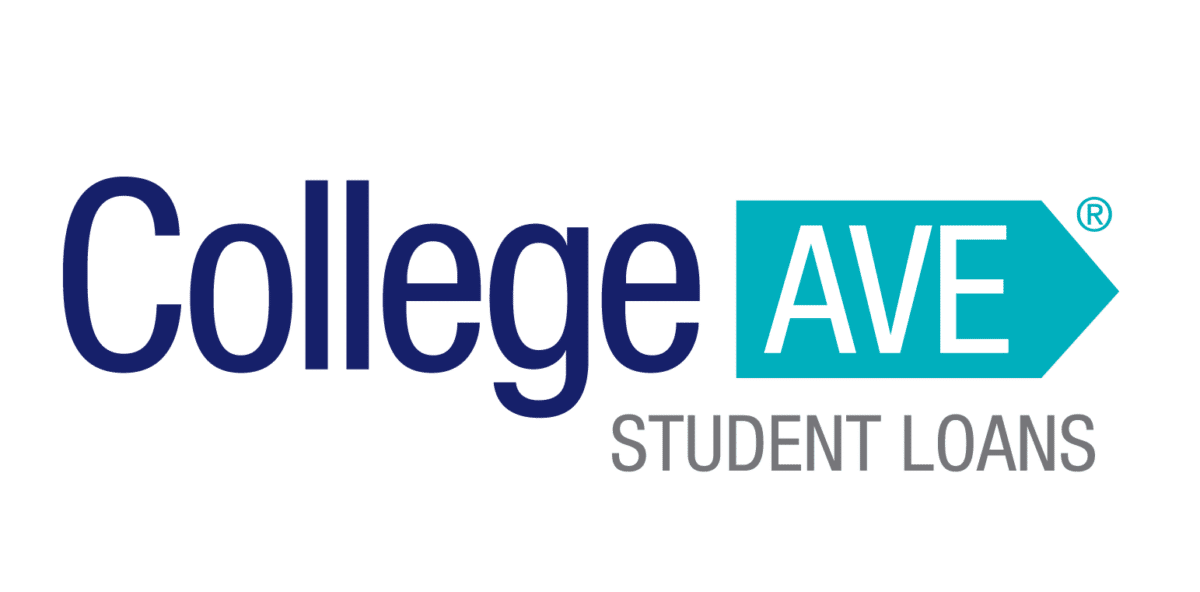
Nearly three million people board a flight every day. According to the Federal Aviation Administration (FAA), they handle over 16 million flights annually. The aviation industry depends on high-quality pilots who can safely transport people and cargo from point A to point B.
A career as a pilot requires attending flight school. Although the path is straightforward, it also costs considerable money. There are multiple ways to pay for your flight education, like scholarships or personal savings; additionally, lenders offer student loans for flight school as an option to cover your flight education.
Keep reading to learn more about flight school student loans to determine which path is right for you.
Career outlook for pilots
The future seems bright for those planning to enter the aviation industry as pilots. According to the Bureau of Labor Statistics (BLS), employment of airline and commercial pilots is projected to grow 13% between 2020 and 2030. Those numbers might not reflect the impact that the pandemic has had on the travel industry. Regardless, becoming a commercial or airline pilot is still a viable career path.
Becoming a pilot can also be a lucrative career option. The median salary for commercial pilots in May 2020 was $93,300, while the top 10% of pilots made upward of $200,000. Compensation may depend on where you live and work, experience, and other factors.
Where pilots work
The aviation industry is divided into three primary sectors to find employment: commercial, general and military.
Commercial aviation includes working for major airlines like Delta, American, and United Airlines. It also includes regional airlines like SkyWest and Mesa Airlines. According to the Regional Airline Association, 41% of scheduled passenger flights were operated by regional airlines.
General aviation includes any civilian flights outside of standard passenger airline services. The Aircraft Owners and Pilots Association (AOPA) estimates that over 80% of certified pilots in the U.S. fly general aviation aircraft.
Military aviation is the third sector to consider as a pilot. Instead of transporting passengers, military aviation engages in aerial combat, transports cargo, and other various military missions as needed.
Student loans for flight school
Most pilots start their careers as commercial pilots. Typically, pilots must have a bachelor's degree and a commercial pilot's license. Airline pilots also need an Airline Transport Pilot (ATP) certificate.
Generally, becoming a pilot requires going to flight school or another approved flight training program. Some colleges and universities offer associate and bachelor degrees in aviation, but independent FAA-approved schools also provide training.
Most students will need student loans or other financial aid to pay for flight training. The estimated cost to obtain a private pilot's license is $12,875, according to L3Harris Airline Academy, while earning a commercial pilot's license would cost a minimum of $83,995.
Whatever path you choose, there are options available to help cover the cost of your pilot training.
Federal student loans for flight school
Federal financial aid is the best place to start if you're considering attending flight school. Unfortunately, many flight schools aren't considered accredited schools by the Department of Education and are ineligible for federal funds.
If your flight school is accredited, start by submitting the Free Application for Federal Student Aid (FAFSA). The Department of Education and schools use this to determine whether you qualify for federal student loans or other financial aid options. Depending on your results, you could be eligible for Direct Subsidized or Unsubsidized Loans. If your parents are helping to cover the cost of flight school, they might qualify for Parent PLUS Loans. Loan amounts depend on your FAFSA results and the type of student loans you qualify for.
Private student loans
If federal student loans aren't an option, you can also look for flight school loans through private lenders. Unlike federal loans, private student loans aren't awarded based on need.
Instead, you'll need to meet credit and other lender underwriting requirements to qualify for a private loan. Many borrowers are too young to have established enough credit and income history to qualify for private loans on their own.
If that's the case for you, you might qualify for a private loan with the assistance of a creditworthy cosigner. Keep in mind that your cosigner is on the hook financially if you cannot make your monthly payments.
Sallie Mae and College Ave offer career training loans you can use to pay for aviation school. Check with other lenders to see if they provide similar private student loans to fund your pilot education.
Pros and cons of flight school loans
There are benefits and drawbacks to taking out student loans to pay for your education. Here are some of the pros and cons you should consider before applying for student loans.
Pros
- It can help you finance your education.
- Federal loans come with protections like repayment plans, loan forgiveness and deferment.
- You might qualify for low interest rates on private student loans with good credit.
- Private student loans can help bridge funding gaps beyond federal student loans.
Cons
- Depending on your loan type, you might incur interest charges while attending school.
- Private student loans aren't eligible for student loan forgiveness or income-driven repayment plans.
- Only borrowers with a good credit history — or who have an eligible cosigner — will qualify for private loans and lower interest rates.
Exhaust federal loan options before turning to private lenders. If you plan to take out student loans for your education. They come with extra benefits that can make repayment easier.
Student loan alternatives for flight school
Student loans aren’t the only option if you're looking for ways to finance your pilot education.
Grants and scholarships
Flight school students might also qualify for grants and scholarships. Federal Pell Grants are available for undergraduate students who display exceptional financial need. Unlike student loans, grants don’t need to be paid back.
Several organizations and companies offer scholarships to help cover flight training costs. Some notable scholarships include:
- Amelia Earhart Memorial Scholarships
- AOPA Foundation Scholarship Program
- Boeing Scholarships
- Federal Aviation Administration Scholarships
- National Air Transportation Foundation (NATF) Scholarships
- University Aviation Association Scholarships
Tuition assistance
Several airlines offer special programs for flight training. Some offer tuition reimbursement, while others offer guaranteed employment and other perks that may prove valuable. Airlines with tuition assistance programs include:
Delta's Propel Company Pilot Career Path program allows current employees who want to transfer to a career as a pilot. The program offers an accelerated path to becoming a pilot. Also, any employee who fulfills the program requirements is hired as a pilot for Delta.
Flight school financing options
Individuals looking to become pilots have the option to finance their education in other ways than traditional student loans. For example, the Aircraft Owners and Pilots Association (AOPA) offers loans up to $30,000 for flight training. American Airlines Credit Union, open to anyone in the air transportation industry, offers student loans up to $40,000 for its members. Your school might offer financing, too. Check with your school staff to learn about the available options.
Managing flight school loan debt
The cost to attend flight school and become a pilot isn't as high as some career paths, but it's still a large expense to take on. There are plenty of ways to pay for an education and becoming a pilot pays well which can make this profession worth the cost.
Consider booking a consultation with one of our student loan planners. They can help you find the ideal pre-debt and repayment plan for your flight school student loans.
| Lender Name | Lender | Offer | Learn more |
|---|---|---|---|
| Sallie Mae |

|
Competitive interest rates.
|
Fixed 4.50 - 15.69%
Variable 6.37 - 16.78%
|
| Earnest |

|
Check eligibility in two minutes.
|
Fixed 4.67 - 16.15%
Variable 5.87 - 18.51%
|
| Ascent |

|
Large autopay discounts.
|
Fixed 4.09 - 14.89%
Variable 6.22 - 15.20%
|
| College Ave |

|
Flexible repayment options.
|
Fixed 4.07 - 15.48%
Variable 5.59 - 16.69%
|
